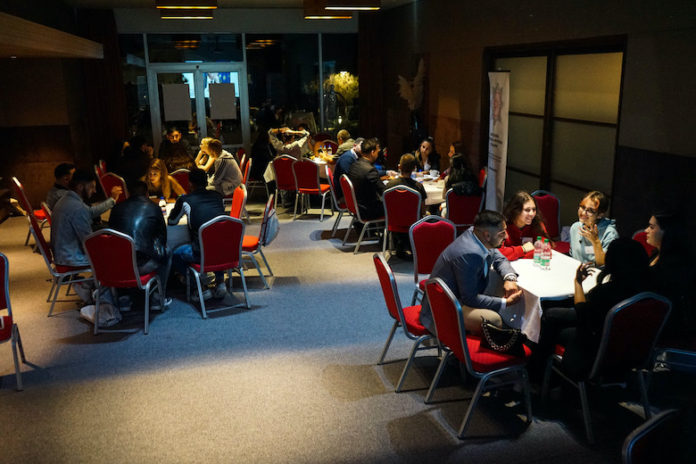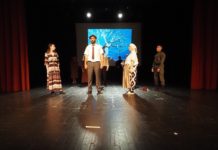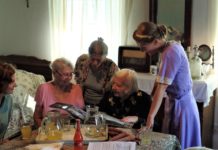The Third Roma Youth Congress, held from September 30 to October 2, 2022, in Zadar, showed that young people are looking for a space where their voices will be heard, and that they easily detect the problems of the Roma community and wider society, understanding the shortcomings in the relevant social policies and that they want to participate in finding solutions. First of all, they participated in the selection of topics and lecturers that the Organizing Committee of the Congress included in the agenda according to which the working part took place.
Aleksandar Racz, Ph.D., professor at the University of Applied Health Sciences in Zagreb gave lectures History of Roma – who we are and where we come from and The importance of education for young Roma women and men. In his lectures, he also introduced current topics, drawing parallels with the current situation and citing contemporary examples related to the position of Roma in society; integration, political participation, and nationality, which, as always before, added dynamism to his lectures which young people listened to with enthusiasm.
Sociologist Suzana Kunac, M.Sc. spoke about the Pogrom against the Roma throughout history with an emphasis on the Second World War and about The political participation of the Roma in the context of the position and rights of the Roma national minority arising from the Constitutional Law on National Minorities. Kunac pointed out that communication skills and political participation were somehow the main topics of this Congress and that they are really important, not only for work in the political space but also in everyday life, i.e., for our day-to-day functioning in the community.
Through practical workshops and work in groups Andrijana Parić, M.Sc. introduced the theoretical part which thematically covered: Introduction to communication skills and why they are important in the political process, Introduction to the election process for the councils of the Roma national minority – presentation of the process, rights, obligations and responsibilities, Behaviour in conflict situations and conflict management, and Negotiation basics: interests/needs, viewpoints, messages, methods and the role of the third party. I wanted to introduce young members of the Roma community to the abstract concepts of political processes that they do not necessarily need to know, just as young people of other nationalities are unfamiliar with them because the details of these processes are not taught in schools but they are very important for the Roma population, Parić said. She further explained: This is an area in which they must act through their political representatives and political bodies. They must work to become members of the Council of the Roma National Minority of municipalities, cities, and counties. In the lectures and workshops that I held as part of the Congress, I tried to bring theoretical knowledge closer to them through practice, so that the concepts they will encounter, such as councils, political participation, advocacy, and the like, will become familiar and comprehensible to them.
With his examples from the parliamentarian practice, Veljko Kajtazi brought political experience and important communication skills to young people for successful political leadership.
By organizing and working at this Congress, young people have shown that they are capable of organizing such an important event themselves, choosing topics and lecturers, and then actively participating in the program that the lecturers have prepared for them. I am happy that I had the opportunity to participate and to pass them my experiences from political practice and my communication skills, said MP Veljko Kajtazi. During his lecture, he pointed out that politics is a trade that, like all other trades, is learned through practice, and that ideals and goals are only as valuable as they become realized. Therefore, persistence, consistency and openness to acquiring new knowledge and skills are needed, said Kajtazi.
The conceptualization of the congress strategy ended with a final exercise of simulating the political process of elections for the Council of the Roma National Minority. The first day began with panels with Nenad Brkić, Anita Dalipa, and Tefik Mahmut as guests, followed by a discussion with members of the Congress Organizing Committee Anesa Šabani, Ardijan Gaši, Lea Oršuš, Mirveta Gaši, Talita Jašarevski, and Senad Bajrić. Through the Congress, these young Roma activists once again demonstrated their organizational skills and understanding in approaching their age peers, recognizing needs and challenges, and providing support with their own experience and example, which was already seen at the first panel – the Café with the members of the Organizing Committee.
Recognizing the potential among young people is important to start the inclusion process of children and young people in the education system even more strongly, and to make health services, social benefits, and employment opportunities fully approachable. Their potential should be used not only to provide new types of initiatives for the political and economic development of their communities but also to introduce diversity and avoid homogenous structures, as well as open up the society to people with different backgrounds.












